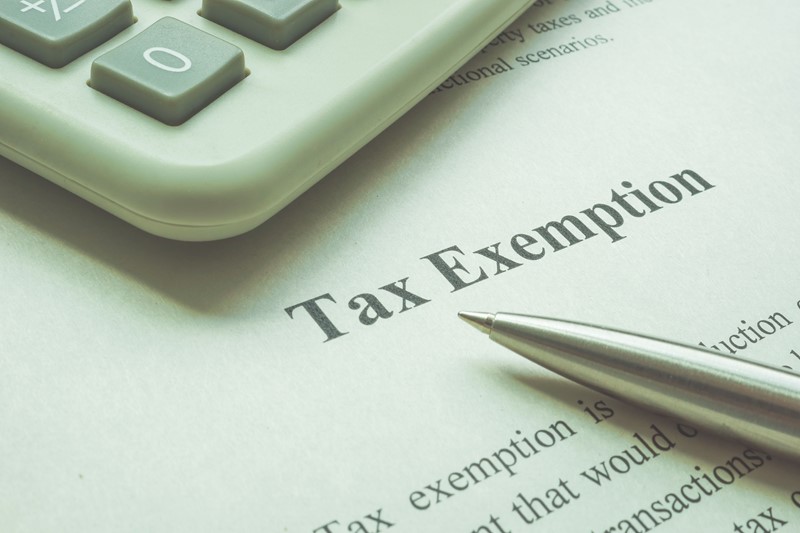
What is the recent £150bn tech investment deal?
September 22, 2025
Bank deposit protection limits set to rise
September 29, 2025If your small business or sole trader operation has turnover close to the VAT registration threshold, you may need to register for VAT.
From 1 April 2024, the VAT threshold is £90,000. Any business with taxable turnover over this limit must charge VAT on its goods and services, file VAT returns, and pay VAT to HM Revenue & Customs (HMRC).
But what if your annual turnover only exceeded the threshold temporarily? In that case, you may qualify for a VAT registration exception.
When You Must Register for VAT
You must register and pay VAT if either of the following applies:
-
At the end of any month, your VAT taxable turnover for the previous 12 months has exceeded £90,000
-
You expect your total taxable turnover in the next 30 days alone to exceed £90,000
Your VAT taxable turnover includes the total value of all taxable supplies, zero-rated supplies, and certain goods or services you sell in the UK. This includes sales of goods or services made in the previous tax years, not just new transactions.
If your turnover exceeds the registration threshold, you must contact HMRC and complete the VAT1 form to register. Late registration can lead to penalties, so it’s important to act promptly.
What Is a VAT Registration Exception?
If your turnover has only temporarily exceeded the VAT registration threshold, you may apply for a VAT exception instead of full VAT registration.
To qualify, your combined taxable turnover must have gone over £90,000 in the past 12 months, but you can demonstrate that it will not go over the deregistration threshold (£88,000) in the next 12 months.
This typically applies when a one-off event causes your turnover to spike, for example, a large contract or high-value sale that won’t repeat.
To apply, you’ll need to contact HMRC and submit forms VAT1 and VAT5EXC with supporting details showing your turnover is likely to fall below the threshold again.
What Happens Next
Once your application is submitted, HMRC will review the details and respond within 40 working days.
If your exception is approved, you will not become VAT registered at this time. However, you must still:
-
Keep checking your total taxable turnover each month
-
Monitor your VAT obligations if your turnover increases again
-
Register immediately if your turnover goes over the limit permanently
If your exception is refused, HMRC will register your business automatically and you’ll be liable to pay VAT from the effective date of registration.
Voluntary Registration
Even if your turnover is below the threshold, voluntary registration may benefit your existing business. Being VAT registered allows you to reclaim VAT on taxable goods and services you buy and can improve your credibility with larger clients.
Before deciding, it’s best to seek professional advice on whether voluntary registration suits your business model, especially if you mostly sell goods or supply services that are VAT exempt or zero rated.
Need Help Understanding Your VAT Position?
VAT rules can be complex, and getting them wrong can lead to late registration penalties or missed opportunities to reclaim VAT.
At Herbert Lewis Williams & Associates, we help small businesses and sole traders navigate the VAT scheme, from registration and exceptions to VAT returns, VAT exemption, and deregistration.
If your turnover has exceeded the threshold temporarily, or you need help deciding whether to register or apply for an exception, contact our team for professional advice and guidance on your VAT obligations.
Source: HM Revenue & Customs | 21-09-2025



